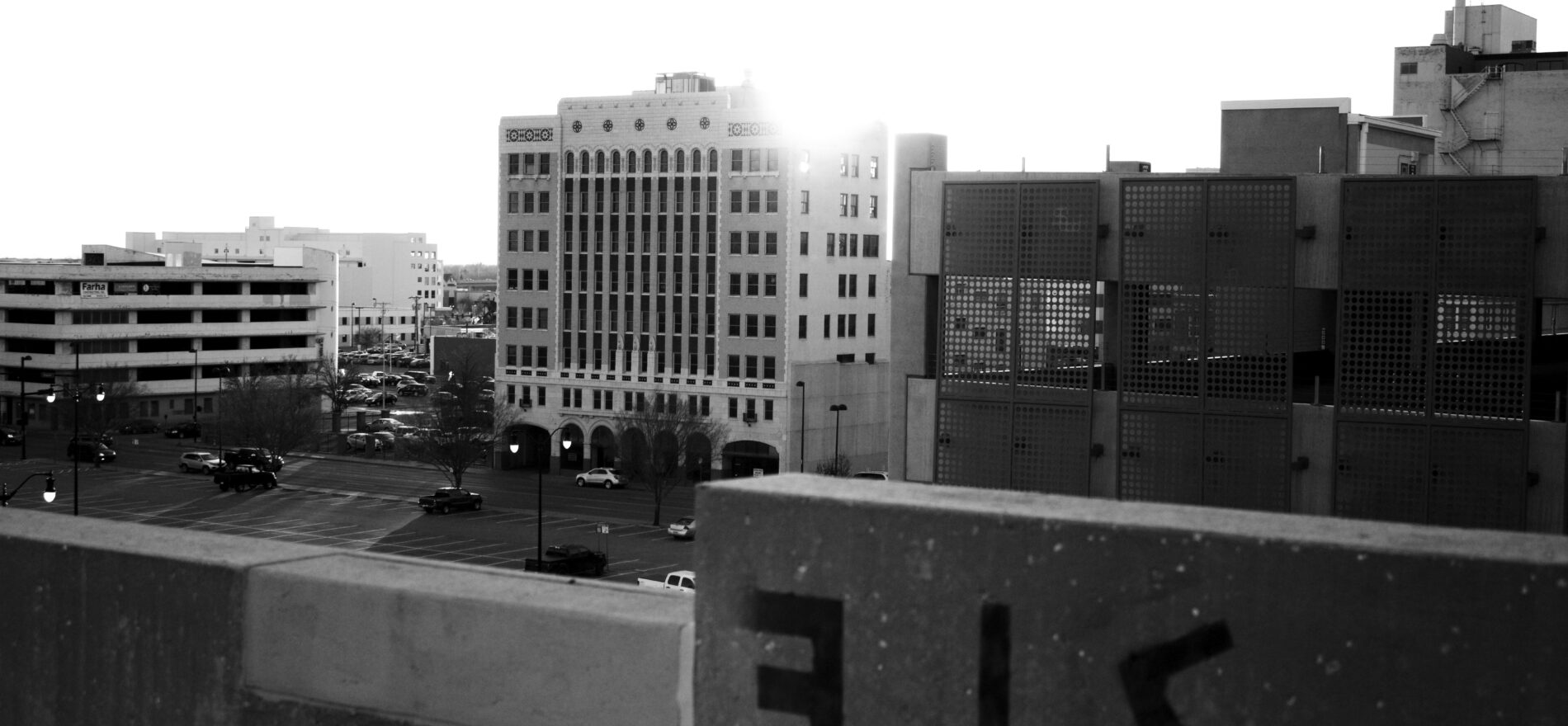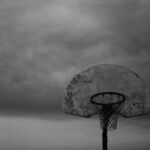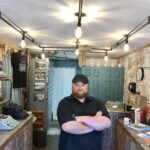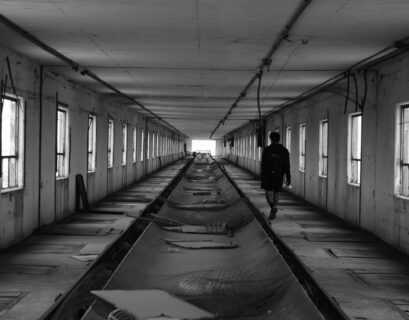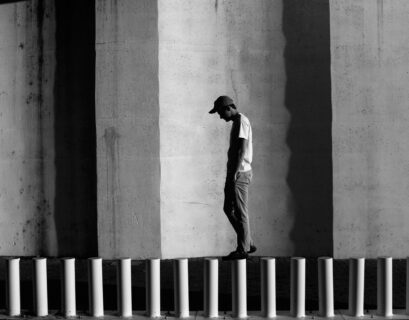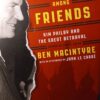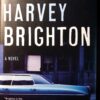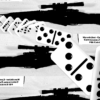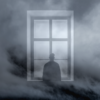Readers of the first two issues of Vautrin know that Paul Dee Fecteau has embarked on creating a Tarot deck one film at a time. The essays riff on the Major Arcana while inviting us to view movies through a symbolic lens. In the spirit of esoteric studies, the reader comes a cropper of worldly philosophy in unexpected places. Fecteau’s Tarot deck-in-progress is astute, original work indeed.
I recently caught up with the Vautrin essayist (albeit electronically) as we both sought to follow the science and stay the hell away from anyone with COVID-19.
Robins: When I went for my walk this afternoon, and meandered along the Arkansas River as it meanders through Wichita, it struck me that neither one of us planned, say, 15 or 20 years ago, to study the Tarot and associated realms. When we were at Kansas State in the late 80s and early 90s, it was all about Raymond Carver’s short fiction, Richard Ford’s short fiction, or maybe Wright Morris or William Styron. Those writers are all quite good. But somewhere along the line… I don’t know when we took a detour.
For one thing, I started to notice a pattern in world lit where the protagonist, often at some tense point in a narrative, comes upon a seer who dispenses with wisdom of some kind, not always to the liking of the protagonist. By then I was deeper into crime fiction and espionage fiction. Charles McCarry is notable for his explorations of the esoteric realm in otherwise realistic fiction. But McCarry is just one example.
Anyway, Paul…what’s your take on how we came to this subject, and, to further the discussion, what is it about esoteric studies (Tarot, for example) that continue to capture a segment of the collective imagination?
Fecteau: For the most part, we got into esoteric pursuits independently which seems rather interesting. I mean we were never out of touch, and yet, one day I’m reading a draft of your novel, and references to the cards come up, and I am thinking well, what do you know. As you said, neither of us planned to trod a mystical path, but the question presenting itself is could we have predicted that we would based on our shared literary interests.
Now more than ever, I feel like there’s something really spooky about great writing. You mention Wright Morris, and I went back and read The Fork River Space Project not too long ago, and parts of the story, particularly the narrator’s relationship with his wife, made more sense to me, but that just generated more questions. That to me is what the cards and the planets and sephirot offer. The more you study them, the more the mystery deepens. I assume that way of engaging life—as though it’s an endless mystery—makes the pursuit popular. I hesitate a bit to speak too categorically about any current cultural trends. Chasing the mystery is decidedly different in the digital age than it was just a generation ago, but I don’t know how much you want to get into that.
Now more than ever, I feel like there’s something really spooky about great writing.
Paul Dee Fecteau
Robins: You mentioned the sephirot. And while I’m always trying to do better, I have some catching up to do on the Kabbalah. But if we’re to suggest that Tarot and the Kabbalah form a dialogue with one another, in what way do they connect? I believe there are 10 emanations of the sephirot, in which God reveals himself…yes? Which doesn’t quite align with the Major Arcana, since you have, what, 21 options there? I suppose one way of looking at it is that Kabbalah is the older tradition—don’t we tend to see Tarot as something that developed pre-Renaissance and changed a bit over time?
Fecteau: You mean 22 in the Major Arcana, and wouldn’t you know, 22 paths connect the sephirot, each path being assigned one of the cards. Pairing a path with a trump is an example of a correspondence. Correspondences form one of the core elements of Hermetic thought. I think that really gets going in the Renaissance with the Christian, Jewish, and Pagan traditions all pulled together, but the idea that all things human and divine are connected is absolutely fundamental to Western esoteric tradition. As above, so below.
Crowley, by virtue of being so steeped in the history of magic and mysticism, sat down one afternoon and cranked out page after page of charts linking the gods of various pantheons, the planets, the sephirot, the tarot, everything. That’s Liber 777, but you see those kinds of charts of correspondences in lots of books now. So if you have two really different traditions like Kabbalah, emerging from very ancient Jewish mysticism, and Tarot, evolving form a card game, and those two wind up linked, that makes perfect sense.
Robins: So your essays are about Tarot and movies—let’s write a little treatment of our own. We’ll call it The Tarot Reading.
Our character—how about naming him Conrad?—has a big paper coming due in his upper level class on the Beats. Conrad is sort of half introvert, half extrovert. He’s impulsive with a dash of dread and an underlying sense that fucking up too much could come back to haunt him.
Nevertheless, a couple days before he needs to hand in this crucial paper, his girlfriend, Magdalena, finds out friends of theirs are coming in town with a cache of magic mushrooms.
The last time Conrad tried on that experience, Magdalena and the crew spent otherwise quality buzz time talking Conrad down from the ledge that he’d acquired supernatural powers and attendant responsibilities. He more or less swore off uber-powerful trips for the more gradual sojourns he feels he can control.
Magdalena stays after him, though, and talks Conrad into playing it with the Tarot deck. If he draws the nine of swords, fine, Conrad can sit this one out. The underlying feeling to the bad is still with him, but when Magdalena shuffles the deck and Conrad pulls The Sun, how can that be anything but a sign from the spirit world to push ahead?
Cut to: Conrad, Magdalena and friends try the mushrooms, they head out to the nature world to trip on divine connectivity, whereupon they come over a ridge and… none other than the sight of Conrad’s Beats prof catching fish not far from a nearby bridge…
Fecteau: Quickly, Conrad tries to hide behind Magdalena. The visiting friends laugh, and she asks him what on earth he is doing.
“My professor is over there,” he whispers.
“Where?”
Conrad peeks over her shoulder and sees Dr. Green, line cast over the side, gazing absently at the sky. “On the bridge.”
Confused, everyone insists there’s no one on the bridge. Oh no, another bad trip. But is it? Magdalena prompts him. One can learn from a vision—even a terrible one, and an old English prof doesn’t seem all that terrible.
Hesitantly, Conrad ventures down the hill and onto the bridge. Dr. Green looks up and nods.
“Been expecting you.”
He motions to his side where there is another pole. Conrad casts his line, and they converse about Allen Ginsberg. Why did he visit Wichita? He was looking for a spot where they are really biting. You have to be willing to travel. If you can travel with the sun shining, so much the better.
Suddenly, there’s tension in Conrad’s line, and the professor says, “I think you got something.”
Robins: I would tend to suggest that Conrad, even though he drew The Sun, is somewhat further back in the Tarot trajectory, if we look at what little we know of his path, overall.
But one thing I like about the Tarot is that you can’t place any of the Major Arcana cards solidly in the physical realm, or solidly in the spiritual realm, either. The Wheel of Fortune might seem to be a card that belongs in the physical realm, I guess, but you can make it more complicated fairly easily.
Maybe it’s merely that people who like the Tarot are interested in learning to think symbolically, but the symbols keep leading to something deeper. It’s an adventure, and the traveler is never quite sure where it’s going…yes?
Fecteau: Sounds right to me, and that drive to apprehend the symbol circles back around to the Kabbalah which sees symbols as the gateway between the physical and spiritual. A Kabbalistic reading of a line of the Torah will acknowledge a literal meaning that might be just practical advice, a spiritual meaning that relates to your inner life, and an even higher meaning that allows a metaphorical glimpse of the mind of God. It seems to me the tarot works the same way and people can respond to or even ignore different levels, according to their preference and level of initiation.
Robins: Thank you for these insights, Paul. It struck me just now that we might be able to revisit these matters, perhaps as a recurring dialogue here at Vautrin.com?
For now, though, one last question: would you care to give us a teaser about any of your creative writing projects? I am no psychic, but when I stepped outside just now to get my paper off the driveway, I heard it on the wind that something is brewing in… Topeka …
Fecteau: You have some strong wind. I am writing about the tarot and the JFK assassination, the thought being that we are comfortable (most of us) with the metaphorical resonances of ancient history, so why not something more recent? I will be glad to dialogue for The V. any time!





